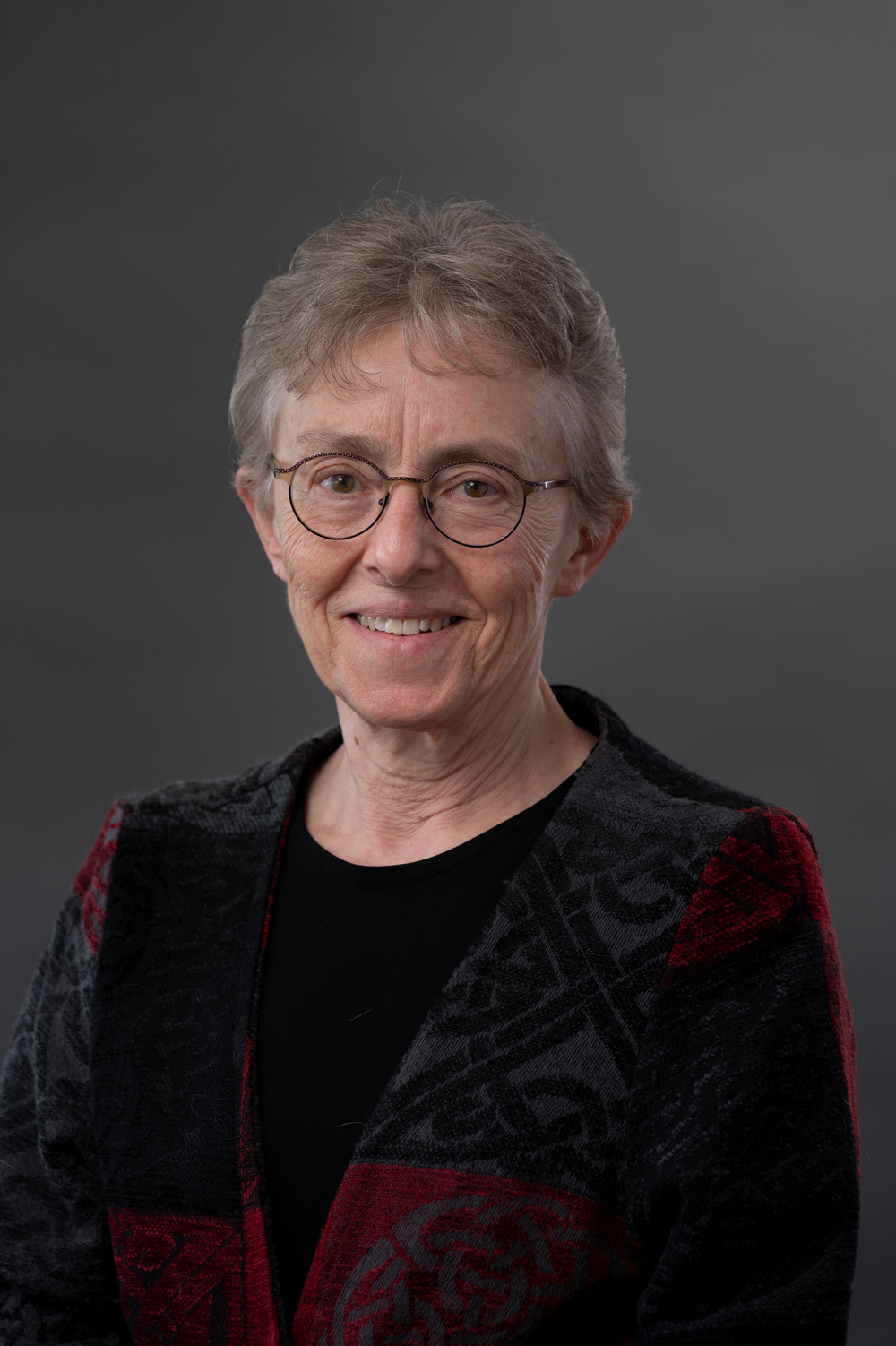U of A oncology researcher named to the Order of Canada
Shirley Wilfong-Pritchard - 23 July 2024

Vickie Baracos, University of Alberta oncology professor and Alberta Cancer Foundation Chair in Palliative Medicine, 2003-23. Photo supplied.
Vickie Baracos, University of Alberta oncology professor, researcher and Alberta Cancer Foundation Chair in Palliative Medicine from 2003-23, was recently awarded the Order of Canada. She was honoured for her groundbreaking insights into the fundamental biology of cachexia, a debilitating syndrome that causes rapid weight and muscle loss in people with advanced-stage cancer.
Patients affected by cachexia experience weakness and fatigue and often end up unable to complete their cancer treatment due to complications, hospitalization and severely reduced quality of life. Baracos’ work has led to clinical classification and diagnosis, paving the way for improved treatment to reduce human suffering.
Academic journey
Baracos started her post-secondary education studying the fundamental biology of animals, graduating with a degree in agriculture from the U of A in 1977. She completed her PhD in applied biochemistry and nutrition at the University of Nottingham, UK and postdoctoral studies at Harvard Medical School.
Baracos came to the U of A in 1984 as an assistant professor in the Faculty of Agriculture, with plans to study animal growth in health and disease. “I was broadly interested in how you move from being the same weight to being a different weight and this could be loss or gain of weight,” recalls Baracos, who adds that in agriculture, the goal is to make animals grow faster and more efficiently.
“I met Dr. Tony Fields in 1984 and was encouraged by him to consider cancer research,” recalls Baracos. An eminent and highly respected cancer researcher, Fields was the head of the inaugural Department of Oncology and Medical Director of the Cross Cancer Institute. “He helped me to supervise my first graduate student and taught me how to do experimental cancer research.”
Baracos' cancer research interests further developed during a sabbatical leave taken at the Cross Cancer Institute in 1998, again with Field's encouragement. “Back then I was one of the only people who had agricultural research funding and funding from the National Cancer Institute of Canada,” says Baracos, who joined the Department of Oncology in the Faculty of Medicine and Dentistry as a full-time cancer researcher in 2003.
“To have turned from an animal biology researcher to a cancer researcher isn’t as inconsistent as it sounds, as both are based on physiology, biochemistry and metabolism,” she explains.
Research
An innovator in studying wasting disorders in people with cancer, Baracos is a recognized international expert on the subject. The U.S. Federal Drug Administration has called upon her to help them understand cachexia so they could determine the criteria for drug approval. With more than 380 peer-reviewed research articles and critical reviews and more than 48,000 citations, her work is cited at least 100 times per week.
“If you want to stop people from wasting away, you need to figure out why it’s happening,” she says. “What’s the underlying biology?”
“We’ve discovered a lot of things,” says Baracos. “People were not even receiving the right diagnosis. So we framed the concepts and developed the criteria for diagnosing the condition.” Those criteria have gone on to inform national and international clinical practice guidelines in cancer care, with Baracos being the lead author of the landmark international consensus on the clinical definition of cachexia in 2011 as well as the 2023 update.
With the aid of cancer imaging, Baracos also discovered the importance of muscle mass. She found that with the same cancer and same treatment plan, a muscular person will on average survive twice as long as a non-muscular person, is more likely to remain able, mobile and independent, and is less likely to experience fatigue and toxicity from chemotherapy at standard doses.
U of A research environment
Baracos describes the U of A as a fabulous place to conduct research. “There is a fantastic mentality in the Cross Cancer Institute,” she explains. “Everybody in that centre, regardless of their role, sees cancer as the common foe — there’s a brothers-and-sisters-in-arms feeling against a very formidable enemy.”
“It’s a research-intensive environment, nested in a clinical environment. It’s not just a hospital for inpatients and outpatients,” she says. “The Department of Oncology is situated in that building — which has always been something of a superpower.” It houses basic, clinical, chemotherapy and radiation therapy researchers, medical physicists, diagnostic imaging, a tumour and tissue bank, and is connected with the Alberta Cancer Registry — a robust interconnected imaging, clinical and laboratory data network within Alberta Health Services.
“There’s a culture of passionate, caring and compassionate research development,” says Baracos. “I could not imagine a better environment.”
Looking to the future
“There’s so much left to do — you cannot waver in your drive to push the research forward,” says Baracos. Having taught and mentored many future cancer researchers and clinicians over the past 41 years, she adds, “Cancer cachexia research is starting to accelerate and there will be strong and capable hands to do the future research. There are drug and nutrition therapies for cancer cachexia in clinical trials as we speak.”
On becoming a member of the Order of Canada Baracos concludes, “It’s a giddy feeling because you don’t expect it. My nominators clearly believe that my particular brand of cancer research is going to get us to the end game, which will be helping people with cancer cachexia. And maybe we will have a chance to call that a thing of the past in the foreseeable future. And that’s a great thing.”